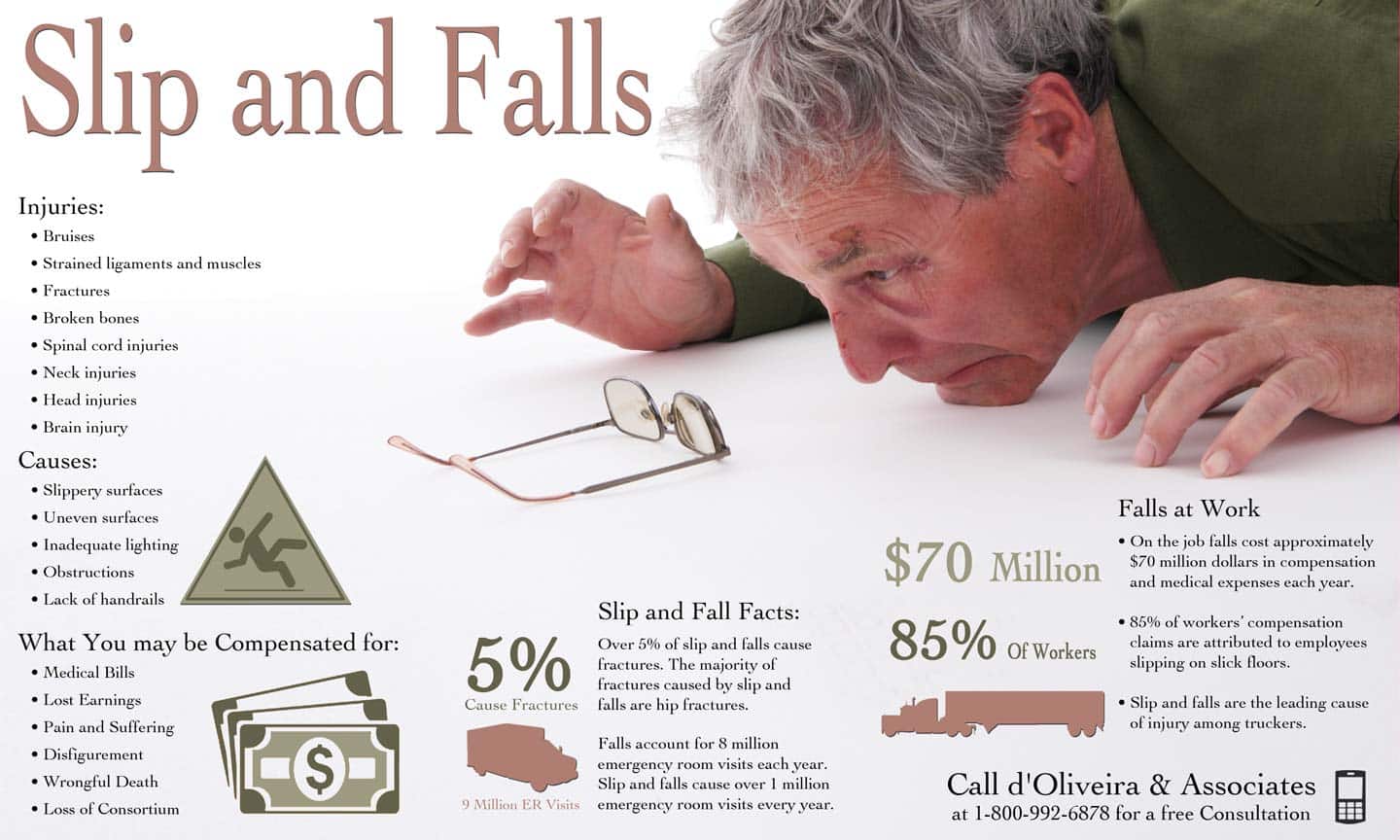Browsing Landlord-Tenant Regulation: Insights Genuine Estate Attorneys
Browsing Landlord-Tenant Regulation: Insights Genuine Estate Attorneys
Blog Article
Created By-Wilkins Bekker
When it pertains to landlord-tenant legislation, knowing your rights and obligations is important for both celebrations. You might think you have a strong understanding on the basics, but there are frequently subtleties that can catch you off-guard. Whether you're a property manager taking care of a building or an occupant seeking a steady home, understanding the legal landscape can make all the distinction. What may shock you are the intricacies involved in navigating conflicts and expulsion procedures.
Recognizing Occupant Civil Liberties and Responsibilities
When you lease a property, it's essential to recognize your civil liberties and duties as a renter. You have the right to a safe and habitable living setting, implying your property manager needs to preserve vital services like home heating, plumbing, and electricity.
house lawyers entitled to personal privacy; property managers commonly require to offer notice prior to entering your system.
On the other side, you are in charge of paying rent in a timely manner, keeping the property tidy, and not creating damage past normal damage.
Familiarize yourself with your lease contract, as it describes certain guidelines and obligations. Recognizing these aspects not only shields you but likewise cultivates a favorable partnership with your proprietor.
Stay informed, and you'll browse your occupancy better.
Key Landlord Responsibilities and Legal Considerations
While you may understand your rights as a lessee, it's similarly crucial to recognize your proprietor's commitments.
Landlords need to supply a secure and habitable living environment, guaranteeing that crucial systems like home heating, pipes, and electricity are in functioning order. They're also responsible for making necessary repair work promptly and sticking to neighborhood building regulations.
Additionally, property owners should value your privacy by providing correct notice before entering your unit, usually 1 day. They ought to deal with security deposits according to state laws, consisting of returning them immediately after you vacate, minus any kind of authorized deductions.
Understanding these obligations can aid you maintain a positive relationship with your property manager and ensure your living situation fulfills legal requirements.
Browsing Conflicts and Expulsion Procedures
Conflicts in between landlords and renters can develop all of a sudden, making it critical for you to understand the procedures involved in fixing them.
Initially, interaction is essential-- attempt to review concerns straight to locate a compromise. If that falls short, acquaint yourself with your local legislations pertaining to conflicts and eviction. Record everything: maintain records of interactions, repayments, and any type of infractions.
If expulsion comes to be required, guarantee you follow the legal steps required in your location, which often includes providing written notice and a particular timeframe for resolution.
Be prepared to visit court if the circumstance intensifies, maybe your only recourse. Comprehending these processes will assist you navigate conflicts better and protect your civil liberties as either a landlord or lessee.
Final thought
In summary, understanding landlord-tenant law is necessary for both parties associated with a rental arrangement. By recognizing your legal rights and duties, you can cultivate a much better living setting and avoid problems. If https://www.realtor.com/advice/buy/cutthroat-homebuying-tactics-that-worked/ arise, remember that a real estate legal representative can assist guide you via the intricacies of expulsion processes and legal obligations. Staying notified and aggressive will certainly make sure a smoother rental experience, whether you're a proprietor or a tenant.
